
In five questions with LJR, the Maria Moors Cabot Award special citation recipient talks about AI, her experiences at Argentina’s Chequeado and her new project in the U.S.

Three award-winning journalists from Argentina, Colombia and Cuba share tips to improve reporting, interviews and the use of language in a piece of narrative journalism.

Argentina’s pioneering Chequeado created a lab to run experiments with artificial intelligence. In their first run, they tested how four AI models could help simplify complicated concepts.

Lalo de Almeida of Brazil, Carlos Ernesto Martínez, of Salvadoran investigative site El Faro, John Otis of NPR and the Committee to Protect Journalists in the U.S. and Frances Robles of The New York Times are this year’s recipients of the 2024 Maria Moors Cabot Prize Gold Medals. Special citations go to InSight Crime and Laura Zommer.
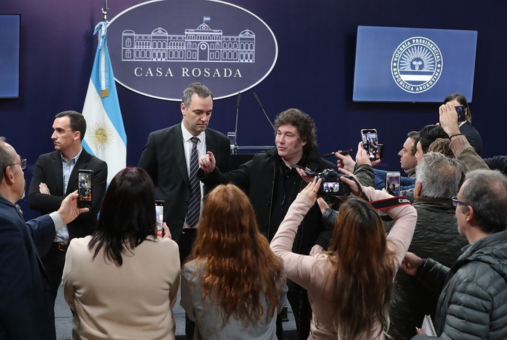
At the end of June, the Argentine Journalism Forum (FOPEA) said that fake screenshots of alleged conversations from its steering committee were disseminated in a “clear defamation campaign from digital operators linked to the government.” The country's president himself, Javier Milei, participated in the attacks. Paula Moreno, president of FOPEA, spoke to LJR about the episode, which takes place amidst tensions between the government and the press.

A Reuters Institute study showed that the most popular generative AI platform in Argentina is by far ChatGPT, although very few people use it to get news. It also showed that Argentines have slightly more confidence than people from other countries that the news media make responsible use of this technology. Two journalists from that country shared their opinion on the findings.
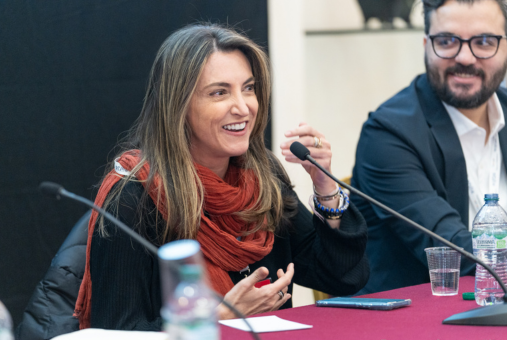
The importance of monitoring disinformation in political campaigns, the risks of using social networks to influence public discourse and the current role of fact checking were some topics that panelists from Argentina, Brazil and Mexico addressed at the International Journalism Festival 2024, in Perugia, Italy.
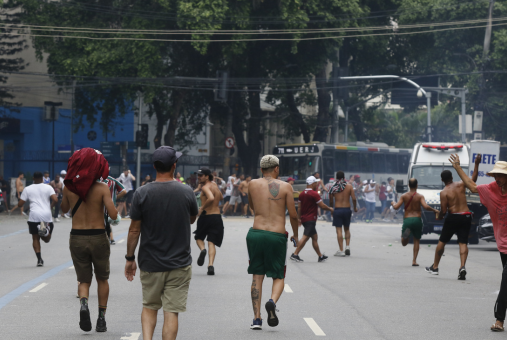
Cases of beatings, attacks and insults from fans against journalists have multiplied in many countries in Latin America. Behind the attacks, there may be new codes of conduct among violent fans and a deep intolerance for difference.
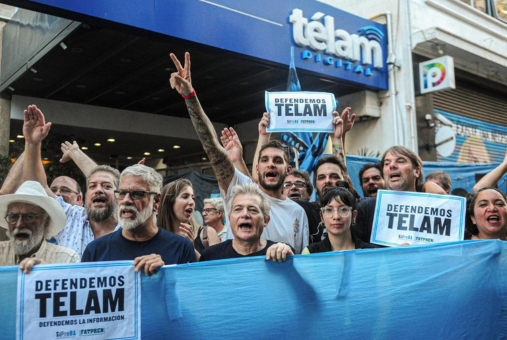
Since March 4, the headquarters of the Argentine state news agency Télam have been surrounded by police. Its employees have been suspended, its services have been interrupted and its website is down. Télam workers are mobilizing in public events, publishing an alternative website and preparing a bill to defend the agency.
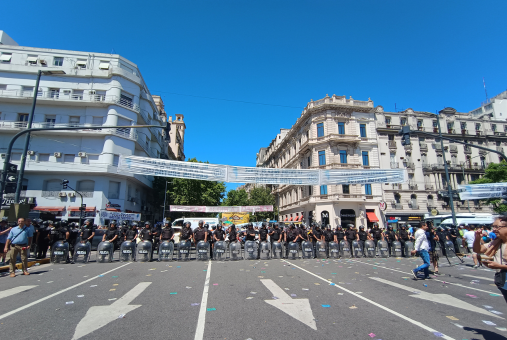
Since far-right politician Javier Milei assumed the presidency in Argentina on Dec. 10, 2023, there have been a series of street demonstrations against his emergency measures. The latest demonstrations were at the beginning of February and the government repressed the press with greater brutality than on other occasions, according to journalists.

Driven by a news vacuum in the Argentine provinces, Ruido was born three years ago. It’s a collaborative media outlet made up of journalists throughout the country that investigates corruption via requests for access to public data. Despite limited local transparency, its network of collaborators has managed to create stories with national impact on issues of public interest.
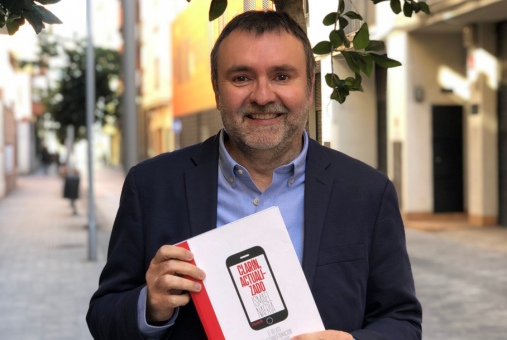
In a new book, Spanish researcher Ismael Nafría describes how Argentine daily Clarín reached more than 500,000 digital subscribers in less than six years. The study is full of practical tips for communication professionals. We present some of them here.